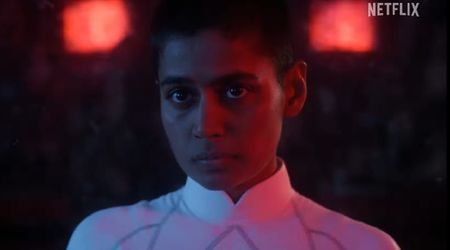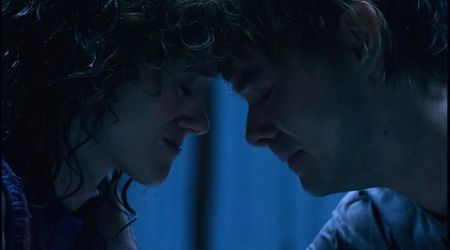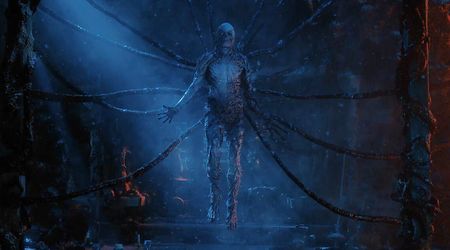'Emperor of Ocean Park' Episode 5 Takeaway: Chessboard theory hints at one stark issue hidden in plain sight

Contains spoilers for 'Emperor of Ocean Park' Episode 5
CHICAGO, ILLINOIS: MGM+'s 'Emperor of Ocean Park', starring Grantham Coleman, captivates viewers with its mysterious plot, where the clues might just be hidden on a chessboard.
The showrunners have been teasing us for far too long with a mysterious connection to the board game which all began with missing pawns from Judge Oliver Garland's (Forest Whitaker) chessboard.
The connection was boosted when Talcott Garland (Grantham Coleman) found a note written by his father that concluded with the word 'Excelsior'.
What does Excelsior mean in Judge Oliver Garland's note in 'Emperor of Ocean Park'?

In 'Emperor of Ocean Park' Episode 5, Talcott meets his father's chess buddy, Karl, to unravel the significance of the word 'Excelsior.'
Karl reveals that it is a chess problem where whites can move and checkmate blacks in five moves against any defense.
It's one of the most famous chess problems, introduced by American chess player and composer Sam Loyd in the early 1860s.
Karl demonstrates the problem on the chessboard, clarifying the move for Talcott, but he still can’t grasp why his father would have mentioned it in his note.
Chessboard theory will help Talcott Garland solve the mystery in 'Emperor of Ocean Park'

As Talcott remains puzzled, Karl gives him a digital copy of a book that Judge Garland used to read with extreme obsession.
Karl mentions that the book includes a section exploring a theory contrary to Excelsior, where black checkmates white in limited moves against any defense.
Here, Talcott and the viewers get a hint that the chessboard may reflect their lives. Much like the Excelsior theory, Judge Garland observed that white people would always win, by any means necessary, leaving Black individuals with little chance of victory or justice.
Judge Garland was deeply affected by his daughter Abby's tragic death in a hit-and-run accident at the age of 19, a case that never saw justice served.
This failure may be linked to the prevalent racism of the time in which the story is set. Judge Garland sought a way for Black people to 'win,' both on the chessboard and in real life.
While he studied chess strategies, he also compiled a scrapbook documenting hit-and-run cases where Black victims received justice.
These subtle details suggest that the showrunners might be making a commentary on racism and its impact on those who suffer from it.
We are left to see how the sensitive theme will be addressed and whether it will add depth to the unfolding plot.
Five episodes of 'Emperor of Ocean Park' are currently streaming on MGM+.










